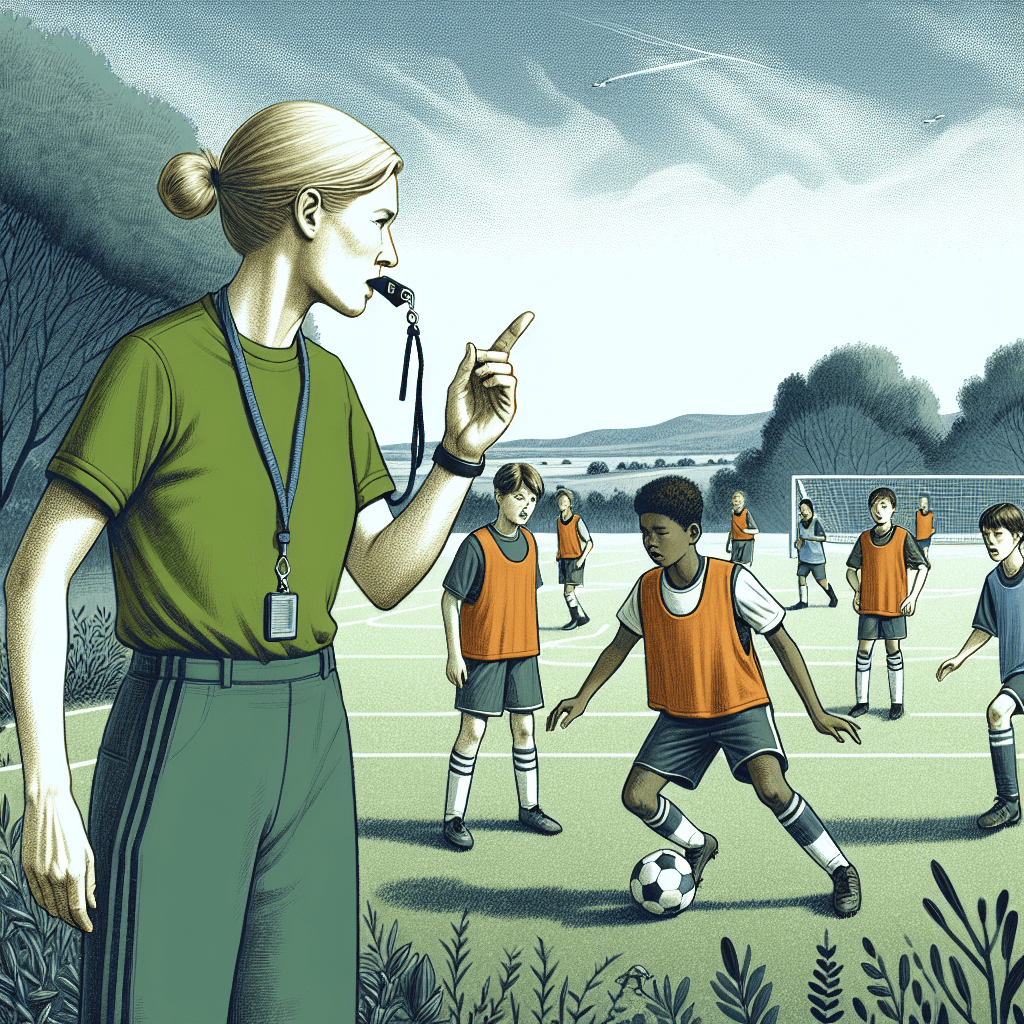[ad_1]
In the world of youth soccer, coaching philosophy plays a pivotal role in shaping the development of young athletes, both on and off the pitch. This article explores how different approaches to coaching can significantly influence players’ growth, teamwork, and lifelong passion for the game.
Understanding Coaching Philosophy
At its core, a coaching philosophy is a set of values, principles, and beliefs that guide a coach’s actions and decisions. It covers aspects such as how to communicate with players, the importance of winning versus player development, and how to handle success and failure.
Creating a Positive Environment
A positive coaching philosophy prioritizes player development over winning. This approach promotes a supportive environment where young athletes can learn from their mistakes, improve their skills, and develop confidence and resilience. Coaches adopting this philosophy often see greater long-term success and player retention.
Fostering Teamwork and Individual Growth
Teamwork is a crucial component of soccer, and coaches play a significant role in teaching young athletes how to work together. A coaching philosophy that emphasizes respect, communication, and collaboration can lead to more cohesive teams and better individual performances.
Technical and Tactical Development
While fostering personal growth and teamwork is essential, a comprehensive coaching philosophy also addresses technical and tactical development. Coaches should balance technical skills training with tactics that help players understand the game better, making practices both challenging and enjoyable.
The Role of Feedback and Communication
Effective communication is another cornerstone of a successful coaching philosophy. Providing constructive feedback in a positive manner helps young athletes understand their areas for improvement and feel valued, which is essential for their development.
Developing a Lifelong Love for Soccer
Above all, the ultimate goal of a youth soccer coach should be to instill a lifelong love of the game in their players. This means making soccer fun, promoting fair play, and encouraging a healthy competitive spirit.
Key Takeaways
- Coaching philosophy shapes youth development: The beliefs and values of a coach significantly impact the growth of young athletes.
- Positive environments promote success: Focusing on development and learning from mistakes creates a supportive space for players.
- Teamwork and individual growth go hand in hand: Teaching players to work together improves both team and individual performances.
- Technical and tactical skills are both important: A balanced approach to coaching helps young athletes become well-rounded players.
- Communication is key: Effective feedback and open communication channels are crucial for player development.
- Instilling a love for the game is essential: The primary goal should be to foster a lifelong passion for soccer among young athletes.
FAQs
What is a coaching philosophy?
A coaching philosophy is a set of guiding principles and beliefs that influence how a coach approaches training, player development, and competition.
Why is a positive coaching environment important?
A positive environment supports players’ mental and emotional well-being, boosts confidence, and encourages learning and growth, thus leading to better performance and enjoyment of the sport.
How can coaches promote teamwork in young athletes?
Coaches can promote teamwork by emphasizing collaborative goals, encouraging respectful communication among players, and fostering an atmosphere of mutual support and respect.
What balance should be struck between technical skills and tactical understanding?
While technical skills are foundational, a good understanding of tactics allows young players to apply these skills effectively in different game situations. Coaches should aim to integrate both aspects into their training sessions.
How can coaches effectively communicate feedback?
Feedback should be specific, constructive, and delivered in a manner that motivates the player. It’s also important to balance criticism with praise to keep players engaged and positive.
[ad_2]






